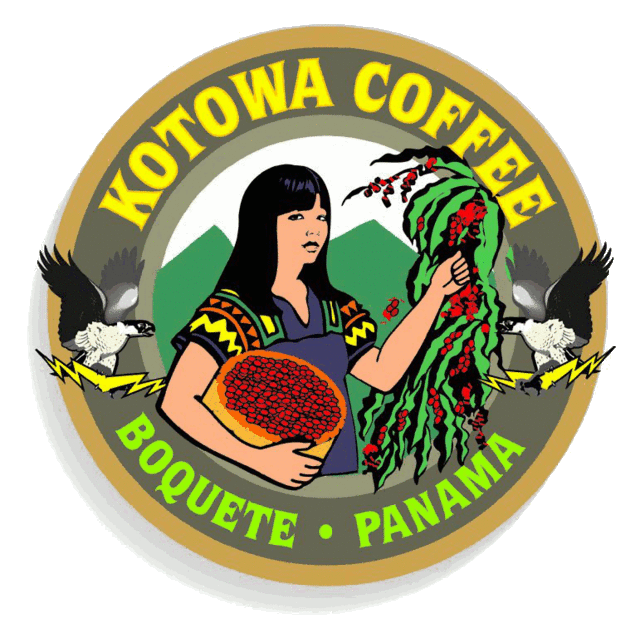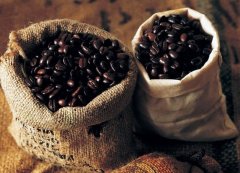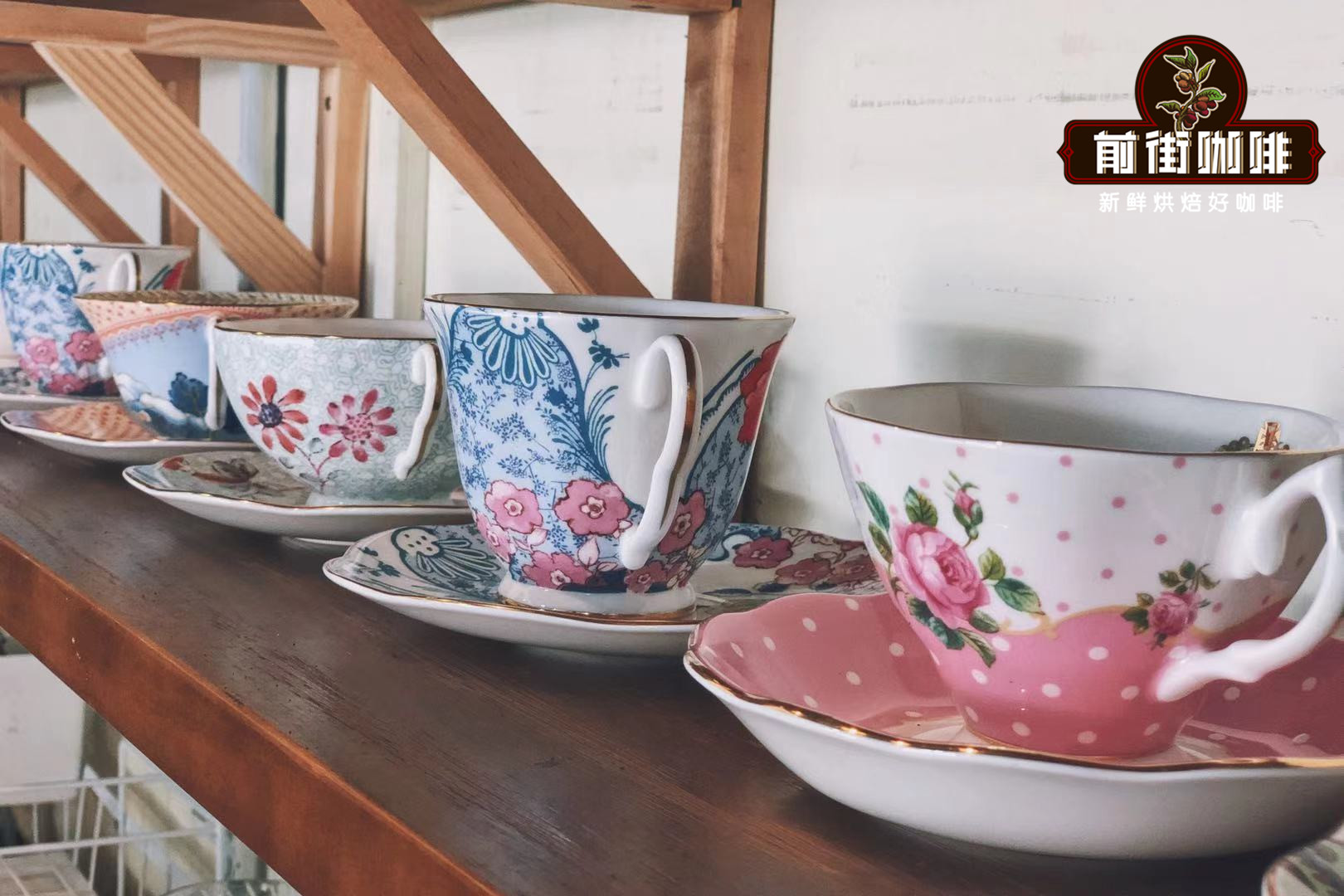Introduction of Panama Finca Kotowa planting and treatment Manor in Cotova Manor, Panama

For professional baristas, please follow the coffee workshop (Wechat official account cafe_style)
Kotowa means "mountain" in the native language of Panama.
The founder of the manor: Alexander. Duncan. McIntyre, a Canadian. One day in 1918, he read a report about Pocket in Panama in Central America. The report details that there is a secret place near the mysterious volcanic slope that is cool all the year round. So his curiosity drove him to Poquet. Unexpectedly, he fell in love with the local people of Poquet and the dreamy valley here, so Alexander. Duncan. McIntyre decided to settle down here. The Alexandrian family, which has been here for four generations, has grown coffee in the traditional way and is proud to provide really special coffee.
During the harvest period, the farm carefully selects only the best ripe cherries and beats them with crystal clear water from the mountain spring. Modern milling technology can correctly select beans, and then use traditional methods of pulping and drying. The farm uses an old-fashioned mild sun-drying system to slowly dry coffee in the cool and dry climate of a farm at 1700 Michael degrees. If you choose to do machine drying, the temperature will be carefully monitored and kept below 45 ℃.
Patiently, keep the dried beans in a wooden silo for at least two months, which is a process to give full play to your taste. Carefully separate and select the size, weight and color of the coffee, and then bake the cup to make sure only the best beans can bear the name KOTOWA.
The farm traceability system ensures the quality control of coffee beans. Each bag of each batch processed has an identification tag containing details of all activities of harvesting and milling.
The farm takes into account the environment in its production and processing. Kotowa's "eco factory" uses only 1 pound and 2 litres of raw coffee per kilogram, which is lower than the 10-20 litres used by many other factories around the world. All by-products from milling activities-pulp, waste water-are used to produce organic fertilizers used in Duncan Farm.
The farm strives to preserve the virgin forests of the surrounding areas, ensuring that there are no fires during dry seasons and that there is no environmental hunting or degradation. The area is the natural habitat for many birds, including local and migratory birds. To ensure that they continue to prosper in the environment around the farm, the farm has planted more than 500 local trees to produce the fruits and nuts they raise. Because of its geographical location and small size, Panama has more birds than North America and Europe.
The farm provides free medical care for employees and a nursery with meals and school programs for children.
The farm is constantly testing many varieties from the mountains of Africa in different microclimates to determine potential new flavors and flavor profiles and we carry out more than 50 different processing changes each season to assess how it affects the quality of beans. This enables the farm to determine the best processing method.
The manor has four main planting areas, namely Finca Kotowa DUNCAN, Finca Kotowa DON K, Finca Kotowa R and O CRISTAL and Finca Kotowa TRADICIONAL. One more planting area has been added in the past two years. Finca Kotowa LAS BRUJAS is also a very good area in the competition for the best Panama in the past two years.
Kotowa official website http://kotowa.com/
Important Notice :
前街咖啡 FrontStreet Coffee has moved to new addredd:
FrontStreet Coffee Address: 315,Donghua East Road,GuangZhou
Tel:020 38364473
- Prev

The bitter taste in coffee comes from caffeine? Caffeine: I can't memorize this pot.
Professional baristas Please pay attention to the bitterness of coffee in the coffee workshop (Wechat official account cafe_style). Many people think that the bitterness in coffee comes from caffeine. In fact, roasted coffee beans produce a continuous reaction in which chlorogenic acid in coffee beans is converted to chlorogenic acid lactone, which continues to deepen the baking degree, which is decomposed into phenyl dihydrogenated indene. Chlorogenic acid lactone can
- Next

Panamanian Coffee the characteristics of Rosa Coffee in the Story of the Historical Jade Manor in the four major producing areas of Panama
Exchange of professional baristas follow the coffee workshop (Wechat official account cafe_style) the history of coffee in Panama, the first Typica tree species launched by Europeans in 1780. Generally speaking, the coffee beans from Panama are light in weight and balanced in acidity and flavor. Panama is the southernmost country in Central America, bordering the Caribbean Sea to the east, the Pacific Ocean to the west and Gos to the north.
Related
- Does Rose Summer choose Blue, Green or Red? Detailed explanation of Rose Summer Coffee plots and Classification in Panamanian Jade Manor
- What is the difference between the origin, producing area, processing plant, cooperative and manor of coffee beans?
- How fine does the espresso powder fit? how to grind the espresso?
- Sca coffee roasting degree color card coffee roasting degree 8 roasting color values what do you mean?
- The practice of lattes: how to make lattes at home
- Introduction to Indonesian Fine Coffee beans-- Java Coffee producing area of Indonesian Arabica Coffee
- How much will the flavor of light and medium roasted rose summer be expressed? What baking level is rose summer suitable for?
- Introduction to the characteristics of washing, sun-drying or wet-planing coffee commonly used in Mantenin, Indonesia
- Price characteristics of Arabica Coffee Bean Starbucks introduction to Manning Coffee Bean Taste producing area Variety Manor
- What is the authentic Yega flavor? What are the flavor characteristics of the really excellent Yejasuffi coffee beans?

